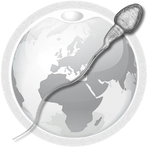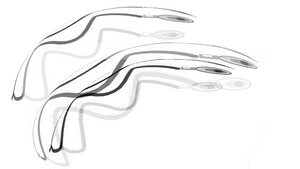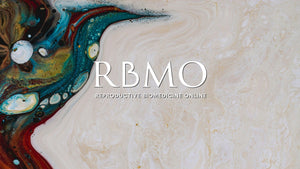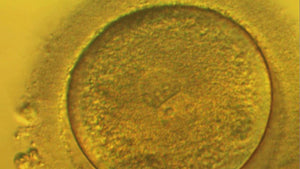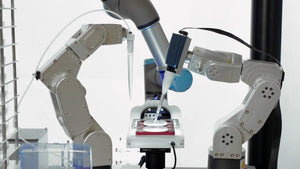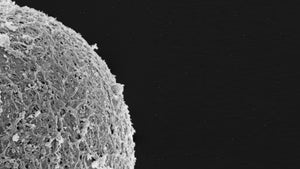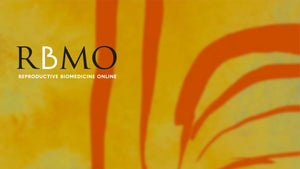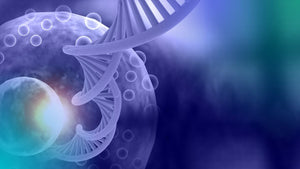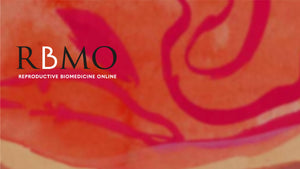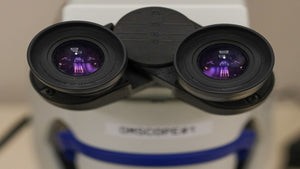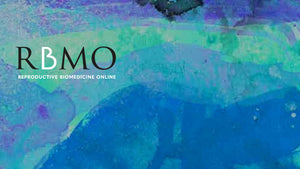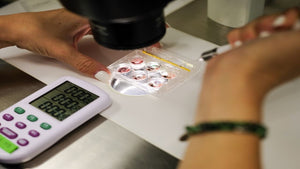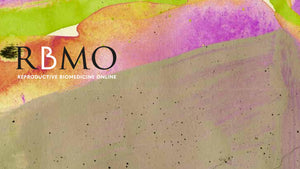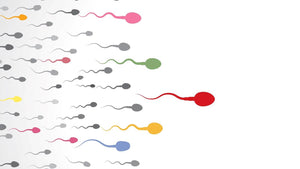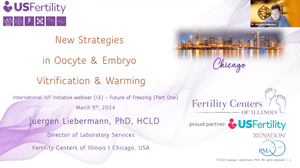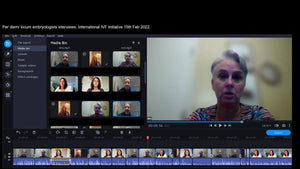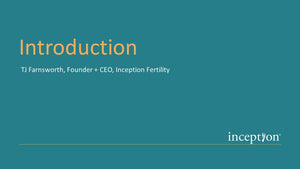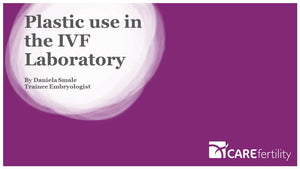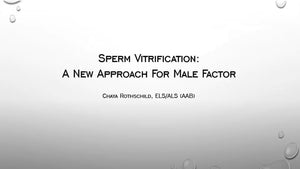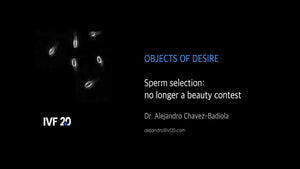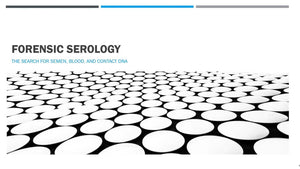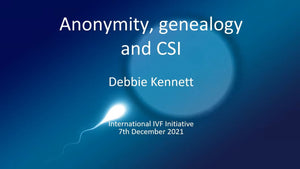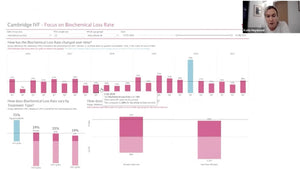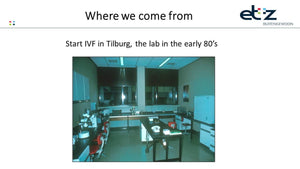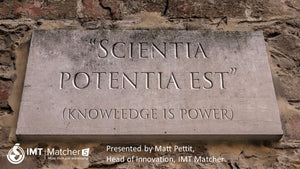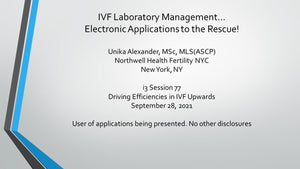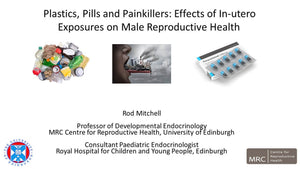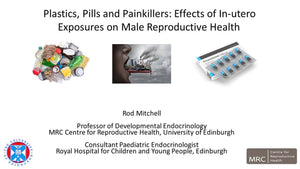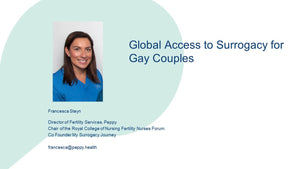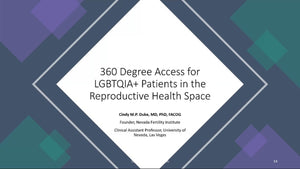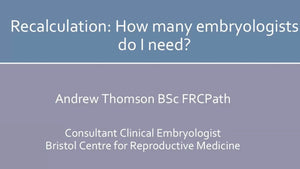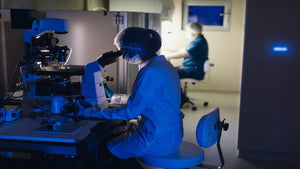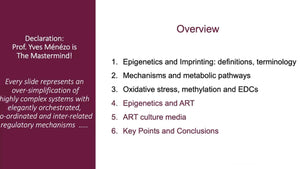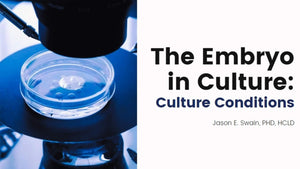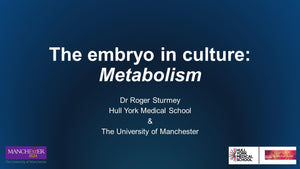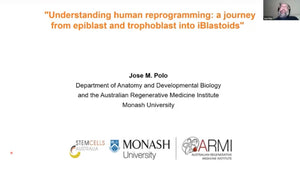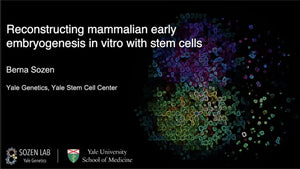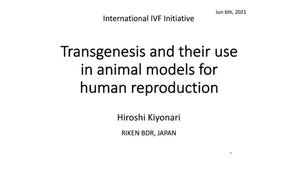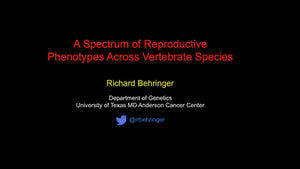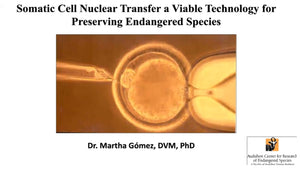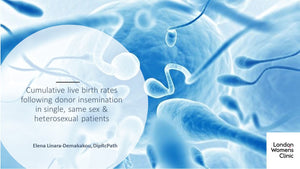Session 126: Cellf Control

Donate
At the International IVF Initiative, we are committed to providing free access to our educational sessions, webinars, and resources for professionals and individuals passionate about advancing reproductive medicine. We believe that cost should never be a barrier to knowledge and collaboration. By contributing, you’re ensuring that valuable educational resources, expert insights, and collaborative opportunities remain open to all without financial barriers. Together, we can continue to foster a global community dedicated to innovation and excellence in the field of IVF.
Your Donation
Thank you!
Session 126: Cellf Control
Tuesday, 14th November (3 pm EDT / 8 pm UK / 9 pm
Synopsis:
The webinar delved into the intricate control of cell division and the origins of genetic errors in human embryos. Moderated by geneticists in assisted reproduction, Dr. Manuel Viotti, Dr. Svetlana Madjunkova, Dr. Mina Popovic, and Professor Jan Traeger Synodinos, the session featured presentations by experts reviewing recent research.
Dr. Giovanni Coticchio discussed "The first mitotic division: a perilous bridge connecting the zygote and the early embryo." Dr. Rajiv C. McCoy explored how "Meiotic and mitotic aneuploidies drive arrest of in vitro fertilized human preimplantation embryos." Prof. Nicolas Plachta presented unique images and findings from his talk about nuclear DNA shedding during blastocyst expansion and biopsy."
Following these presentations, the audience engaged in a Q & A session, deepening the understanding of the discussed topics.
The webinar explored the complexities of human preimplantation embryo development, emphasizing the delicate nature of this process. Approximately 50% of in vitro fertilized oocytes progress to blastocysts, with chromosomal abnormalities being a significant factor in pregnancy loss. The discussion highlighted the multifaceted challenges, involving maternal, paternal, and developmental factors, in various stages of embryo development. Recent evidence unveiled insights, including the revelation that aneuploidies in human embryos may not solely originate from chromosome segregation errors during mitosis but also from nuclear DNA shedding, shedding light on the inherent challenges of early development
Moderators:
Dr. Manuel Viotti
Dr. Svetlana Madjunkova
Dr. Mina Popovic
Professor Jan Traeger-Synodinos
Presenters:
“The first mitotic division: a perilous bridge connecting the zygote and the early embryo”- Dr. Giovanni Coticchio
“Meiotic and mitotic aneuploidies drive arrest of in vitro fertilized human preimplantation embryos” -Dr. Rajiv C. McCoy
“Human embryo live imaging reveals nuclear DNA shedding during blastocyst expansion and biopsy”-Prof. Nicolas Plachta
Q and A
Dr. Manuel Viotti
Manuel Viotti is the Vice President of PGT and Clinical Laboratory Director at Kindlabs, Kindbody. Additionally, he holds an appointment as a Senior Scientist at the Zouves Foundation for Reproductive Medicine. Dr. Viotti earned his PhD in molecular and cell biology, specializing in mammalian embryology, from the Weill Graduate School of Cornell University. He is actively involved in various professional organizations, acting as the director of the Preimplantation Genetic Diagnosis International Society (PGDIS) and serving as a board member of the American Society for Reproductive Medicine (ASRM) PGT-SIG. Furthermore, he is the founder and officer of the International Registry of Mosaic Embryo Transfers (IRMET).
His current research is centered around enhancing outcomes in the field of in vitro fertilization (IVF), with a particular emphasis on the molecular and cell biology aspects of embryos and the uterine environment.
Dr. Svetlana Madjunkova
Dr Svetlana Madjunkova MD, MSc, PhD is Senior Director and Head of Reproductive Genetics Department at CReATe Fertility Centre Toronto, Canada and adjunct faculty with the Department of Laboratory Medicine and Pathobiology, Faculty of Medicine, at University of Toronto. Dr Madjunkova is a Board Director of the Canadian Fertility and Andrology Society and a Board Director of the Preimplantation Genetic Diagnosis International Society and Chief Operating Officer of Reprobiogen. She has established high complexity lab to provide advanced clinical preimplantation testing; fertility related genetic testing and translational research in reproductive biology aimed at improving embryo selection, preimplantation testing and further research in reproductive failure and improving outcomes in ART. She has published over 50 peer reviewed papers, over 160 scientific communications and is regularly an invited speaker at National and International meetings. Dr Madjunkova is a recipient of many awards, fellowships and recognition for her work in ART.
Dr Madjunkova is faculty at the School for Graduate Studies at University of Toronto, co-directing Reproductive Genetics course for the Master of Health Sciences program in Clinical Embryology and is actively involved in training undergraduate and postgraduate students and fellows (Genetic counselling, Medical Genetics residents and REI fellows).
.
Dr. Mina Popovic
Dr Mina Popovic is a geneticist and clinical embryologist. She is currently the Scientific Director of the Eugin Group in Barcelona, Spain, the co-director of the Master in Human Assisted Reproductive Technologies, at Pompeu Fabra University in Barcelona and the coordinator of ESHRE’s Special Interest Group Stem Cells. Dr. Popovic completed her undergraduate studies in genetics and Masters in molecular biology at the University of New South Wales in Sydney, Australia. She received her PhD from Ghent University in Belgium, investigating the impact of chromosomal instability on early human development. Prior to her doctoral studies, she worked as a clinical embryologist for over five years, at Genea (previously Sydney IVF) in Australia. Throughout her career she gained extensive experience in embryo genetics and preimplantation genetic testing, as well as modelling early human development and human stem cell biology.
Professor Jan Traeger-Synodinos
Jan is a Professor of Genetics, and Director of the Laboratory of Medical Genetics, Athens University. Originally from the UK, following completion of a Doctorate (DPhil) at Oxford University, in 1982 she moved to Greece and subsequently worked in the university clinics (pediatrics/genetics) of the St. Sophia’s Children’s Hospital in Athens. From 2005 she holds a faculty position in Athens University Medical School. She has a demonstrated history of working with genetics in public health care and university-level teaching. Specialized in Preimplantation Genetic Testing, Molecular genetics and related translational research, she is also internationally recognized for contributions to the field of haemoglobinopathies. Her research activities, several supported by EU grants, have produced >180 peer-reviewed publications, and chapters in several books, with >7800 citations (GoogleScholar). Jan is a long-term member of the ESHG and ESHRE, serving on the Steering Committee (SC) of the ESHRE PGD Consortium between 2004-2016, (2012-2014 as Chair). She is a member of the EQA Special Advisory Group for PGT (GenQA, UK), the ClinGen Haemoglobinopathy Expert Panel, (NHGRI, USA), on the Supervisory Board of the Greek National Authority for Medically Assisted Reproduction and Associate Editor or Editorial Board member of several journals.
Dr. Giovanni Coticchio
Giovanni Coticchio holds a PhD in Cell and Developmental Biology and a qualification of full professor. He is Chief Scientific Officer of IVIRMA Global Research Alliance, 9.baby Bologna, Italy. Since June 2021, he has served as member of the Executive Committee of the European Society of Human Reproduction and Embryology (ESHRE)..Dr. Rajiv C. McCoy
Rajiv McCoy is an assistant professor in the Department of Biology at Johns Hopkins University. He received his Ph.D. from Stanford University and completed his postdoctoral work at Princeton University and the University of Washington. His lab (https://mccoy-lab.org) develops and applies computational and statistical methods to understand the evolution and function of the human genome. This work includes investigation of the molecular origins of human aneuploidy, implications for human development, and genetic factors influencing its occurrence, as well as improved analysis of data from preimplantation genetic testing. Rajiv is a co-organizer of the Origins of Aneuploidy Research Consortium (https://aneuploidy-research.org), as well as a member of the Telomere-to-Telomere Consortium, contributing to analysis of the first gapless assembly of a complete human genome. The McCoy lab is funded by a R35 Outstanding Investigator Award from the National Institute of General Medical Sciences of the NIH.
Prof. Nicolas Plachta
Nicolas Plachta is a Principal Investigator at the Perelman School of Medicine of the University of Pennsylvania. His lab has pioneered the use of imaging technologies to study how the early mammalian embryo develops in real time. Dr. Plachta was previously Research Director at the Institute of Molecular and Cell Biology of A*STAR in Singapore and Group Leader at EMBL Australia. He did his postdoc at Caltech and Ph.D. at the University of Basel. He was an HHMI International Scholar, EMBO Young Investigator, and was awarded the American Society for Cell Biology Gibco Emerging Leader Prize (USA) and Viertel Medical Fellowship (Australia).
